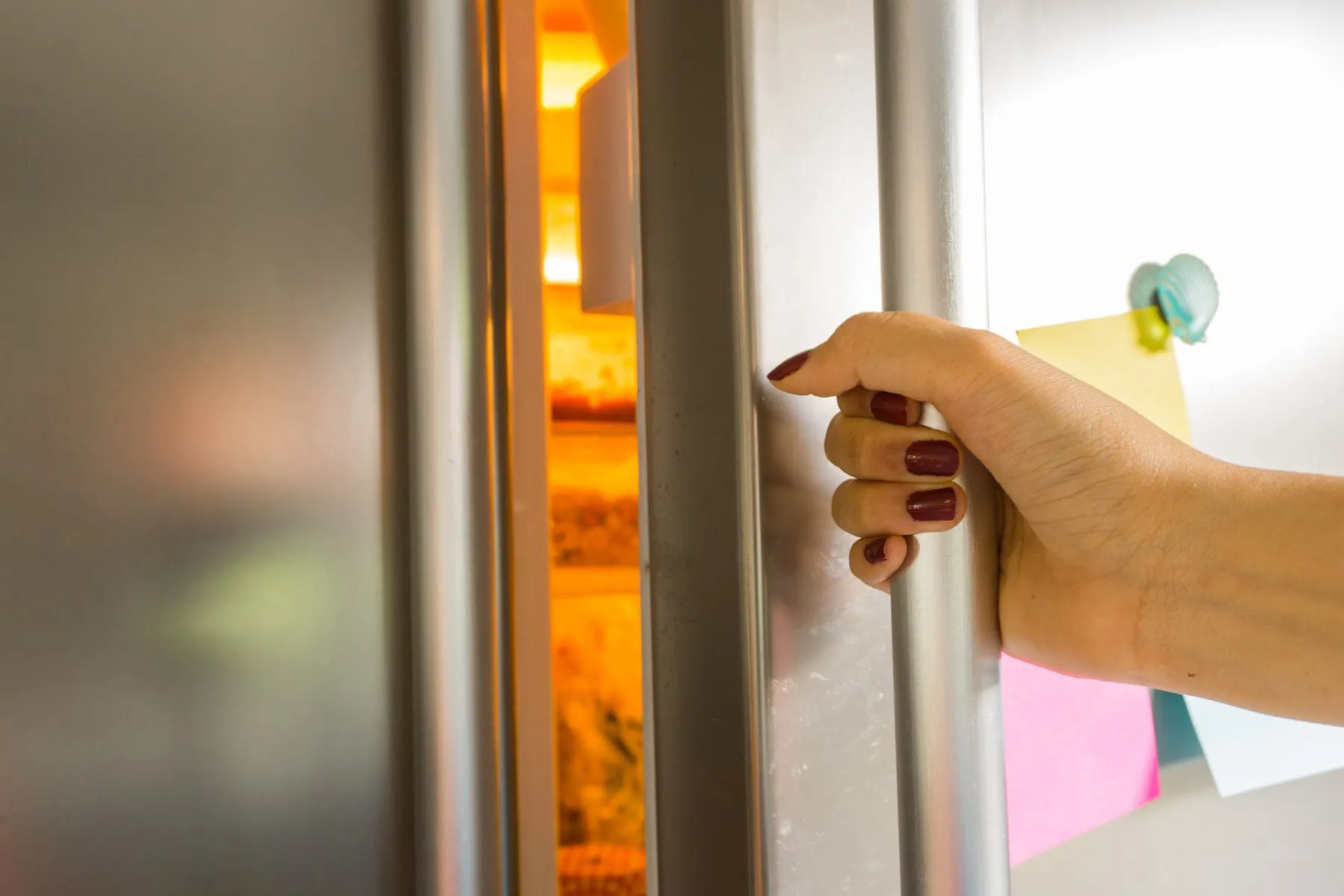
Erin Morse hears about her patients’ food cravings a lot, especially for “ultra-processed” and “salty, sweet, crunchy” snacks. Chips and french fries top the list, followed by doughnuts, cookies, and cakes.
As the chief clinical dietitian at UCLA Health, Morse offers strategies to help them handle these hard-to-resist cravings. But why do people get them in the first place?
Cravings are frequent, specific, intense desires to eat a particular type of food, says John W. Apolzan, PhD, a nutrition scientist and associate professor at the Pennington Biomedical Research Center of the Louisiana State University System.
It’s not about hunger, Morse says. “Hunger is the need for food for fuel, for nutrition, for all the good things that our bodies and our brains need,” she says. In contrast, with cravings, “Our bodies are telling us that we want something to eat.”
- External cues. These are things like a favorite TV show that you have a habit of watching while eating ice cream. You’ll become conditioned to reach for that bowl of ice cream when you watch an episode, Apolzan notes.
- Internal cues, such as sadness, can prompt people to crave certain foods, too.
- Deprivation. If you’re restricting food or dieting, you may find yourself “craving lots of foods by the end of the day,” Morse says.
- Poor sleep. “Studies show that lack of sleep can increase appetite and increase cravings,” Morse says.
- Social environment. Think of the workplace vending machine or your partner who is constantly baking treats. “They’re seeing it all the time; they want it all the time,” Morse says.
Snack makers know this, Morse says. “Companies have tailored food to be extremely palatable, so people do eat a lot of it.”
Experts don’t agree on this.
It’s best to avoid eating craved foods, even in small amounts, Apolzan says. According to his research, “the amount doesn’t matter,” he says. “Completely stopping the food will reduce the craving.”
Morse takes another view. “Everyone has to think about what’s good for themselves,” she says. “I think it’s best not to completely avoid things that people want. Food is not only good for nutrition, but also enjoyment.”
Stay hydrated. Being dehydrated can make you feel hungry or increase food cravings, Morse says. So make sure that you get enough water. If cravings strike at night when it’s time to relax and unwind, a cup of caffeine-free herbal tea is an option, she says.
Get proper sleep. Not sleeping enough will rev up your appetite and hunger hormones, Morse says. The exact amount of sleep that you need might be different from someone else, but for most adults, it’s at least 7 hours per night for good health.
Eat enough protein. It will help you feel satisfied longer and reduce cravings, Morse says. Some suggestions: a scrambled egg with breakfast, beans on a salad, or salmon at dinner. “Not just a big bowl of pasta,” Morse says. Also avoid skipping meals, which could trigger cravings, she says.
Snack smart. Plan healthy snacks that give you fiber and protein, like Greek yogurt with berries and a handful of nuts, Morse says. A little bit of dark chocolate might satisfy a sweet tooth — unless, like Apolzan has seen in his research, that small taste just makes you want a lot more. Swap chips for homemade popcorn made with a healthy fat, such as olive oil, which will spare you from the types with too much salt, sugar, and chemicals.
Chew gum. Gum or even brushing one’s teeth with minty toothpaste are distractions that may take away a craving, Morse says. “It works for some and not for others.”
Be careful with alcohol. It’s famous for making people do things that they didn’t plan to do. And it increases appetite, Morse says. When people drink, they may not realize how much food they’re eating.
Find healthier ways to counter stress. Stress can increase cravings, Morse says. “Instead of reaching for the candy bin,” Morse says, “go outside with a colleague to get fresh air or take a 5-minute walk.” If emotions are spurring your food cravings, “the first step is to acknowledge the stress or the sadness or emotion,” Morse says.
Remove triggers. “If you’re keeping a lot of those foods that are triggers for you at home, do your best to replace those items with foods that will provide you with more nutrition,” Morse says.
What if your family or friends want to have those foods around? Talk with them about how you can all support each other, Morse says. And if your food cravings spring from difficult emotions, Morse says, “seeking the help of a therapist or a registered dietitian who is knowledgeable on mental health” is a good idea, too.
